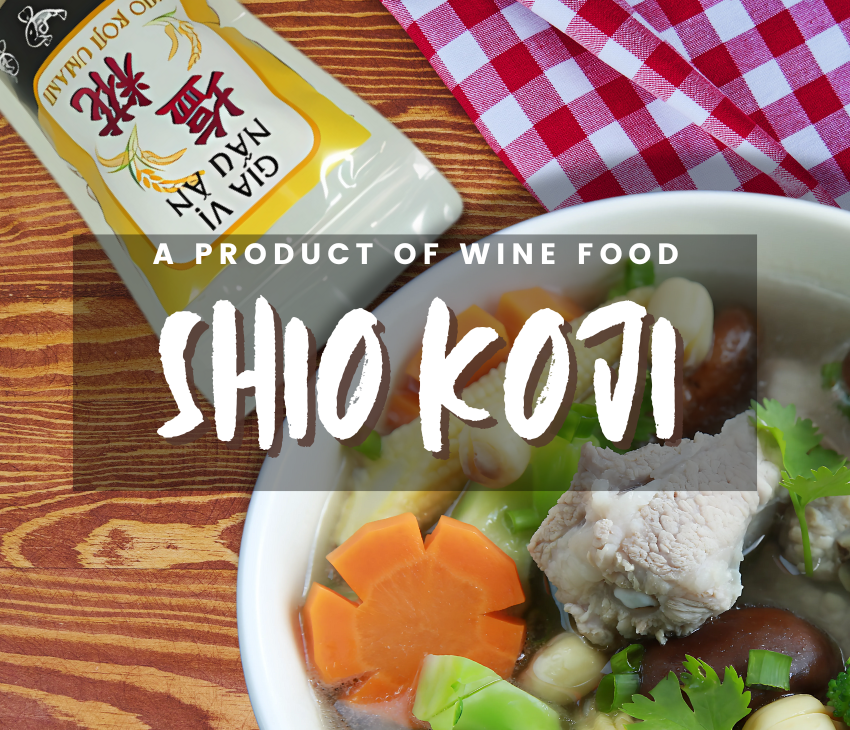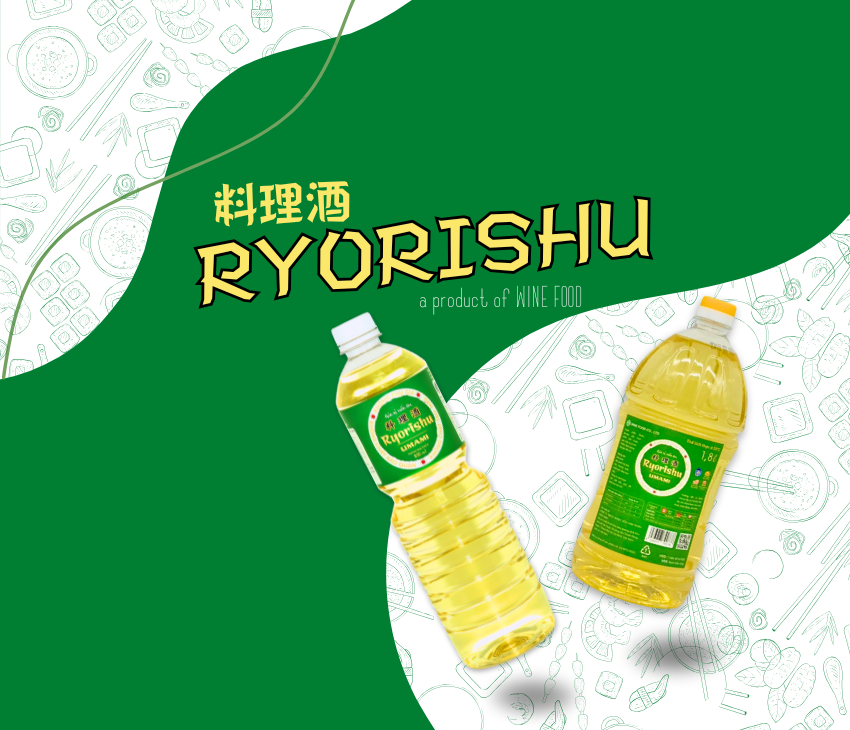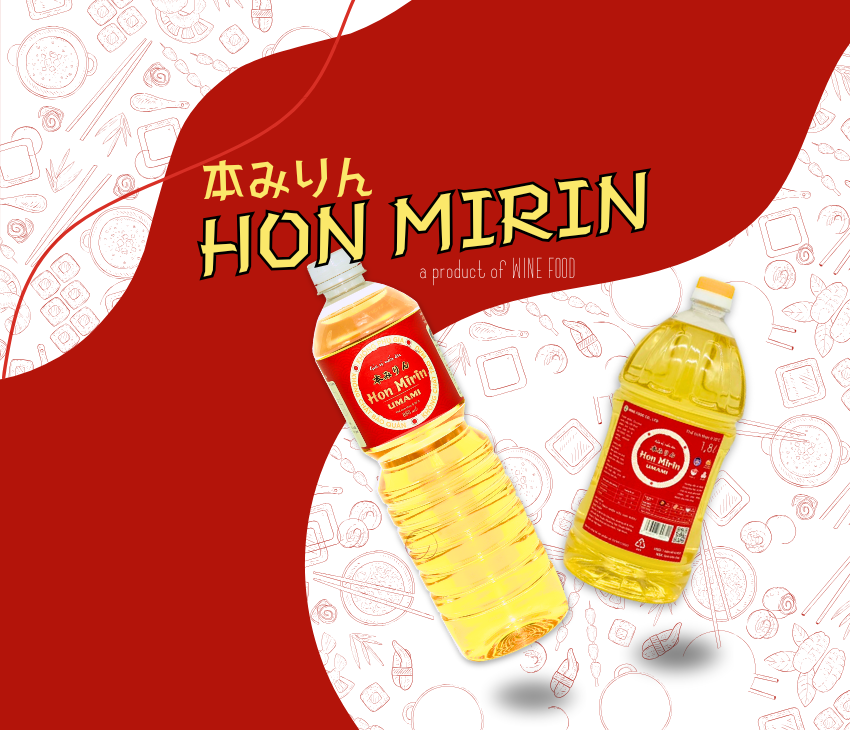Experience Fresh Flavors for Familiar Dishes
To create amber-colored vinegar with a distinctive flavor, Sake Vinegar undergoes an extensive process of fermentation, maturation, and refinement. Made from a base of premium sake, this vinegar boasts a unique color and a rich aroma that sets it apart from any other type of vinegar. For this reason, we believe that Sake Vinegar will bring a “fresh breeze” to familiar dishes and provide a delightful culinary experience for your daily meals.
Why Should You Choose Sake Vinegar?
If you enjoy dishes featuring goat or beef but worry about their strong odors, Sake Vinegar is your ultimate kitchen companion. Beyond the natural deodorizing properties of vinegar, the robust and exquisite aroma of aged sake—painstakingly fermented and refined over time—holds the secret to effectively neutralizing even the most persistent smells. With Sake Vinegar, elevate the flavor and aroma of your meals effortlessly while enjoying a refined taste that’s hard to resist.
Information
Production Method
Sake Lees is blended with water and alcohol at a carefully calibrated ratio and aged for a minimum of six months. Afterward, the mixture is pressed to extract the liquid. This pressed liquid is then combined again with water and alcohol before undergoing a second fermentation process. Once the fermentation reaches the desired acidity level, the mixture is heat-treated and filtered to produce the final Sake Vinegar product.

Additional Information
Warning Information
During storage, sedimentation or darkening may occur naturally. These changes do not affect the quality of the product.
Storage Instructions
Packaging Specifications
| Packaging | 18 liters (1 plastic bag per carton) |
| Shelf Life | 1 year from the production date |
| Ingredients |
Sake lees, water, refined food-grade alcohol. |
Usage Instructions
Specific Benefits of Sake Vinegar
1. Adds a Tangy Flavor
The acid produced during the fermentation process imparts a pleasantly sour taste to your dishes.
2. Balances Flavors
Beyond its sourness, sake vinegar offers a touch of umami, mild sweetness, and a distinctive aromatic profile, enhancing the overall harmony of flavors in your meals.
3. Neutralizes Unpleasant Odors
A powerful ally in eliminating fishy or strong smells from ingredients, including the most pungent ones like goat and beef.
4. Tenderizes Food
The natural acids in vinegar act on muscle fibers, tenderizing meats while preserving their fresh and delicious taste.













